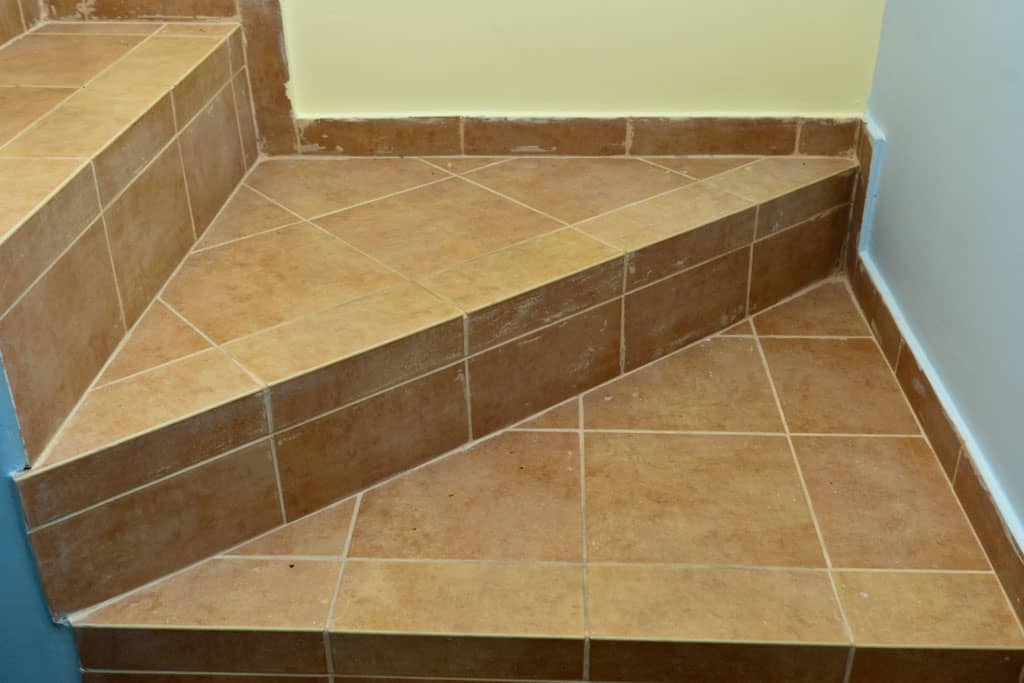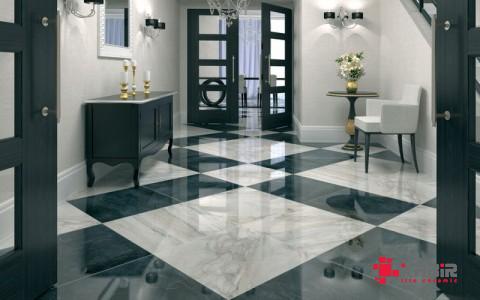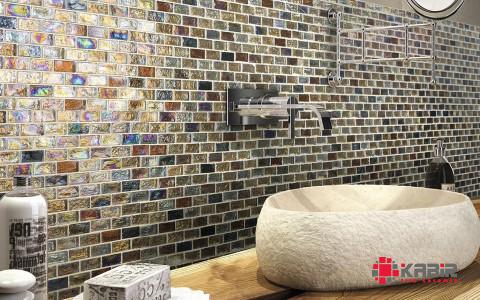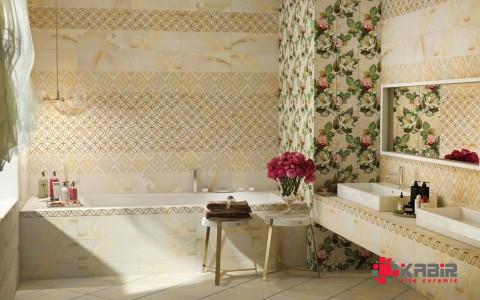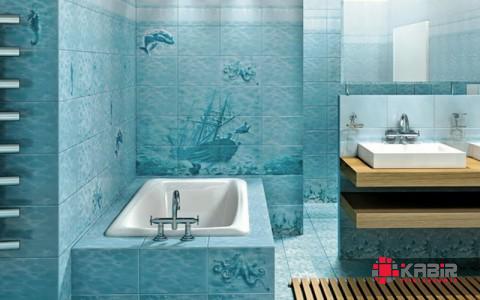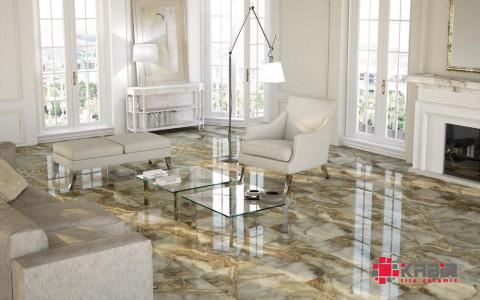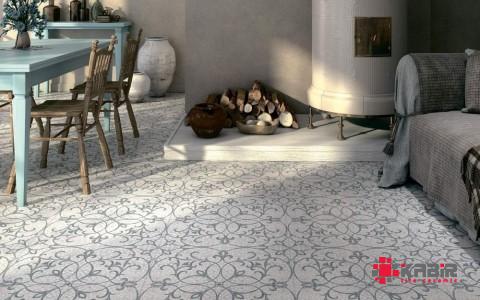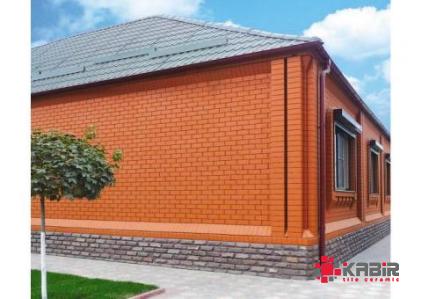stair ceramic tiles egypt facts and figures
Prior to knowing about the facts and figures about the stair ceramic tiles in egypt, you should know that the market for ceramic tiles in Egypt is anticipated to expand at a rapid pace during the period covered by this estimate due to several reasons, including the country’s growing population, its rising per capita income, and the growth of the construction industry
ceramic tiles wall decor
The production of tiles in Egypt is one of the industries that is expanding at the quickest rate in that nation
It has reaped enormous rewards as a result of the rapidly expanding building and infrastructure industries throughout the nation
It has maintained its position as the most cost-competitive option across all relevant regional and international markets
Around 80% of the entire consumption of ceramic tiles is met by the local market of the country in question, while only 20% of the total output is sent to markets in other nations
Italy and Spain are the primary nations that export goods to Egypt
Egyptian consumers place great value on the aesthetic quality and technological sophistication of the items manufactured in these countries
Despite this, local goods are becoming more competitive because of the strong technological attributes, cheap pricing, and good aesthetic aspects that they possess
It is anticipated that greater levels of consumption of ceramic tiles will be reached on a per capita basis as a result of increasing expenditure on housing and infrastructure over the next few years
In addition, actions taken by the government, such as revisions to investment laws that favor foreign direct investment (FDI), are anticipated to bring about a sustained need for the consumption of ceramic tiles over the medium term
These foreign direct investment (FDI) projects are projected to propel the domestic construction industry to new heights, which may, in turn, result in enormous profits for makers of ceramic tiles
It is anticipated that a significant number of residential units will be delivered to residential compounds during the course of the next period; as a result, the demand for ceramic tiles will probably increase even higher
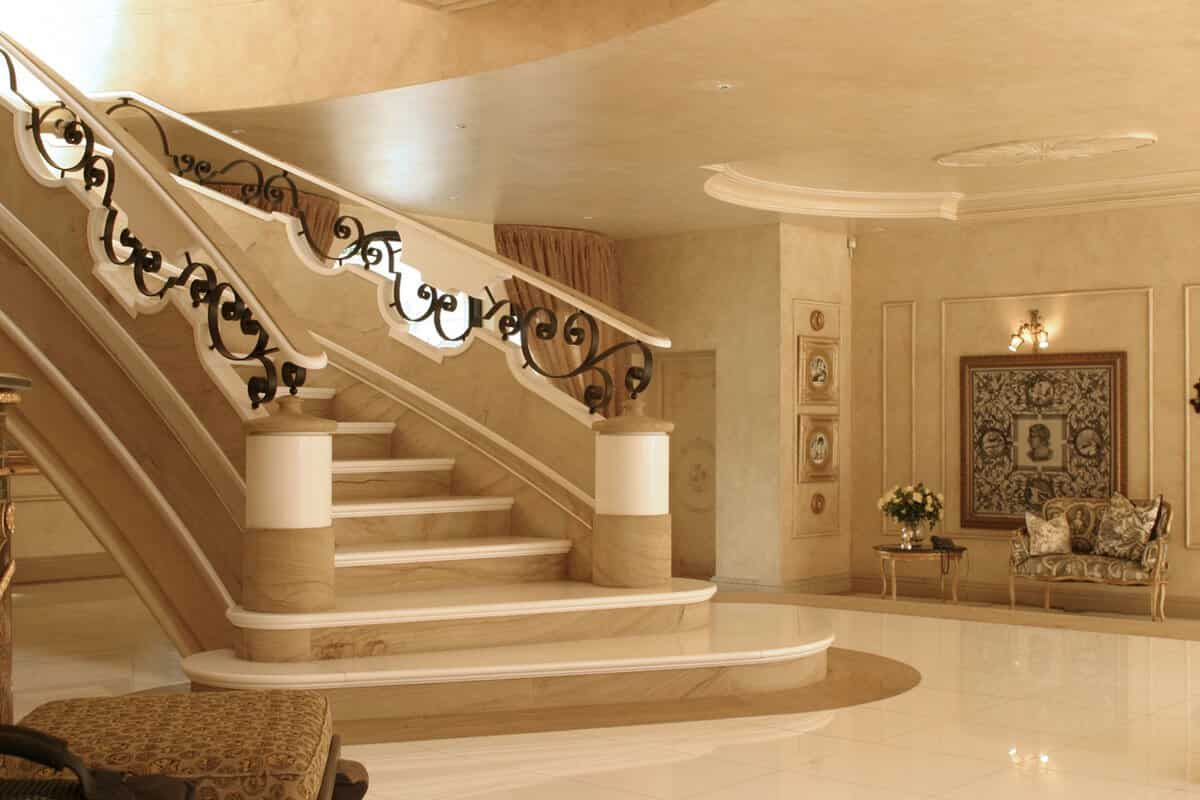
ceramic tiles wall art
Ceramic tile manufacturers are also utilizing a variety of other technologies, such as inkjet technology and LaserJet technology, to fix the color in order to avoid color asymmetry
Additionally, the protocol technology is being used to produce asymmetric tiles in order to add an aesthetic touch to the installation process and to reflect the beauty of nature on the tiles
The Object of the Report’s Scope The purpose of this study is to provide a comprehensive examination of the ceramic tiles market in Egypt
It concentrates on the dynamics of the market, newly developing trends in the various segments and regional markets, as well as insights into the various product and application types
In addition to this, a comprehensive analysis of the leading companies operating in the Turkish ceramic tiles market is provided
Glazed porcelain, scratch-resistant porcelain, and more products may be found below
Tiles for Floors and Walls Tiles for Other Applications Tiles for Other Applications Depending on the type of construction—new construction, replacement, or renovation— By Final Consumer The production of ceramic tiles for residential and commercial use in Egypt is on the rise
At the international level, Egypt is the tenth biggest producer of ceramic tiles, after all
With a production capacity of about 300 million square meters, Egypt is one of the largest manufacturers of ceramic tiles on the African continent
Around 80% of the entire consumption of ceramic tiles is met by the local market of the country in question, while only 20% of the total output is sent to markets in other nations
Because of the rising demand for ceramic tiles, both established companies and new companies are regularly expanding their production capacities in the market for ceramic tiles
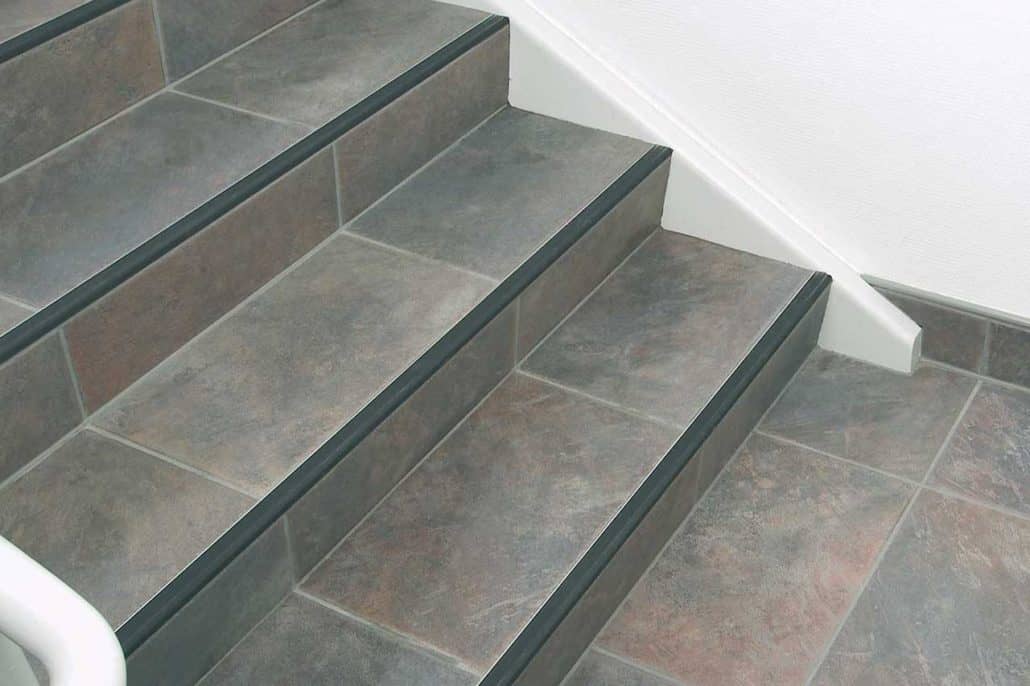
ceramic tiles texture seamless
This is especially true in the segment of the market for porcelain tiles of higher quality, which is experiencing the fastest growth in both residential and commercial applications
In spite of this, Egypt has become very self-sufficient in the production of ceramic tiles over the last few years as a result of robust capacity additions made by notable local manufacturers of ceramic tiles
Because of this enormous capacity increase, the nation has become a net exporter of ceramic tiles in terms of both volume and value, and the amount of ceramic tiles that are imported has even greatly decreased as a result
Because many of the domestic tile makers are now exporting their goods, the major capacity expansions that have happened over the course of the last several years have resulted in a significant rise in total exports
There is an increasing need for ceramic floor and wall tiles
In terms of the consumption of ceramic tiles, Egypt is one of the nations that is increasing at the highest rate
In the last few years, the Egyptian ceramic tile manufacturing sector has seen substantial capacity growth as a result of current ceramic tile companies expanding their operations
The use of ceramic tiles in the nation has increased as a result of many factors, including the growing population, favorable demographics, and a thriving building industry
The availability of a wide variety of design options, in addition to their elegance and general attractiveness, is among the primary benefits of laying floors with ceramic tiles
Ceramic tiles have the extra benefit of having a longer shelf life, requiring less maintenance, and being very durable
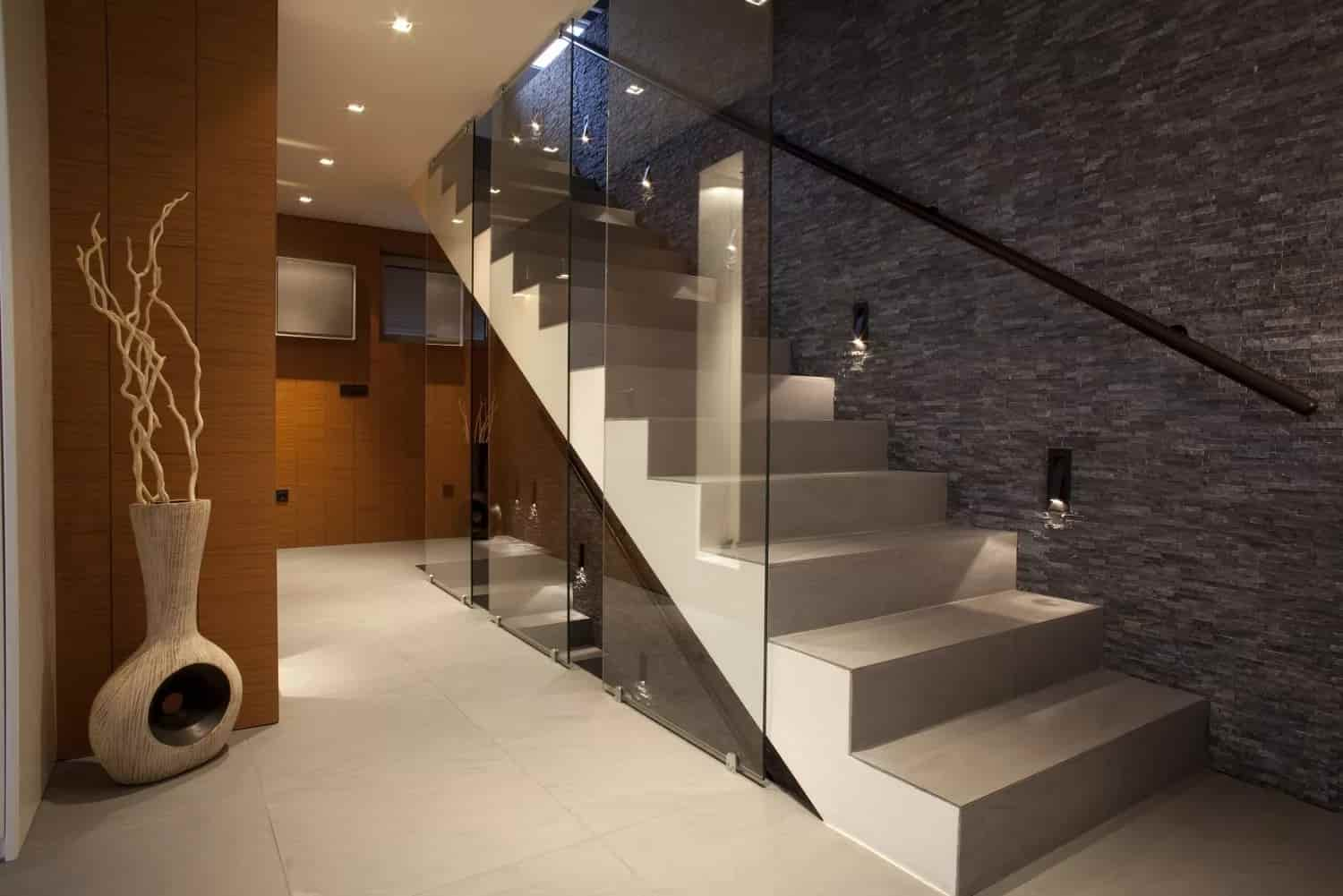
ceramic tiles texture free
This added advantage is contributing to the growing demand for ceramic tiles as one of the principal construction materials used in building finishing operations in Egypt
Because of the ease with which they can be cleaned and their luster, these tiles are most commonly used on floors, bathrooms, and kitchens
However, thanks to the innovations in ceramic tiles made by tile producers in the country, these tiles are now also widely used in various forms on storefronts, malls, sports buildings, hospitals, villas, subway stations, and other non-traditional places
An environment of competitive play Ceramica Cleopatra, Pharaohs Ceramics Group, Misr International Ceramic Company, and Lecico are some of the most prominent names in the Egyptian ceramic tile business, which is characterized by a high degree of industry concentration
Despite this, there is a rise in the amount of competition as the total quantity of available manufacturing capacity continues to grow
The present consumption of less than 2 square meters per person makes the Egyptian market for ceramic tiles an outstanding potential for both local and foreign ceramic tile manufacturers
The government is also giving help to the manufacturers in order to modernize the production of ceramic tiles
This support is intended to ensure that the companies continue to be well-positioned for robust growth over the next few years
